Powerful women who left their mark on history
Throughout history, bold women have shattered norms and made indelible marks on the world. From rulers to revolutionaries, these women have shaped societies and inspired generations. Their stories, filled with courage and resilience, remind us of the power of determination and the impact one individual can have. Join us as we explore the lives and legacies of some of history’s most remarkable women, whose contributions continue to resonate today.
Cleopatra VII: The Last Pharaoh of Egypt
![[redacted]](https://media.tellmebest.com/wp-content/uploads/2022/04/cleopatra.-61866-scaled.jpeg)
Cleopatra VII, often simply known as Cleopatra, was the last active ruler of the Ptolemaic Kingdom of Egypt. Born in 69 BC, she was a shrewd and charismatic leader who spoke multiple languages and was known for her powerful alliances with Roman leaders Julius Caesar and Mark Antony. Her reign was marked by political intrigue and the pursuit of independence for Egypt, ultimately ending with her dramatic death in 30 BC, a moment that has been immortalized in history and culture.
Joan of Arc: The Teenage Warrior Who Led Armies
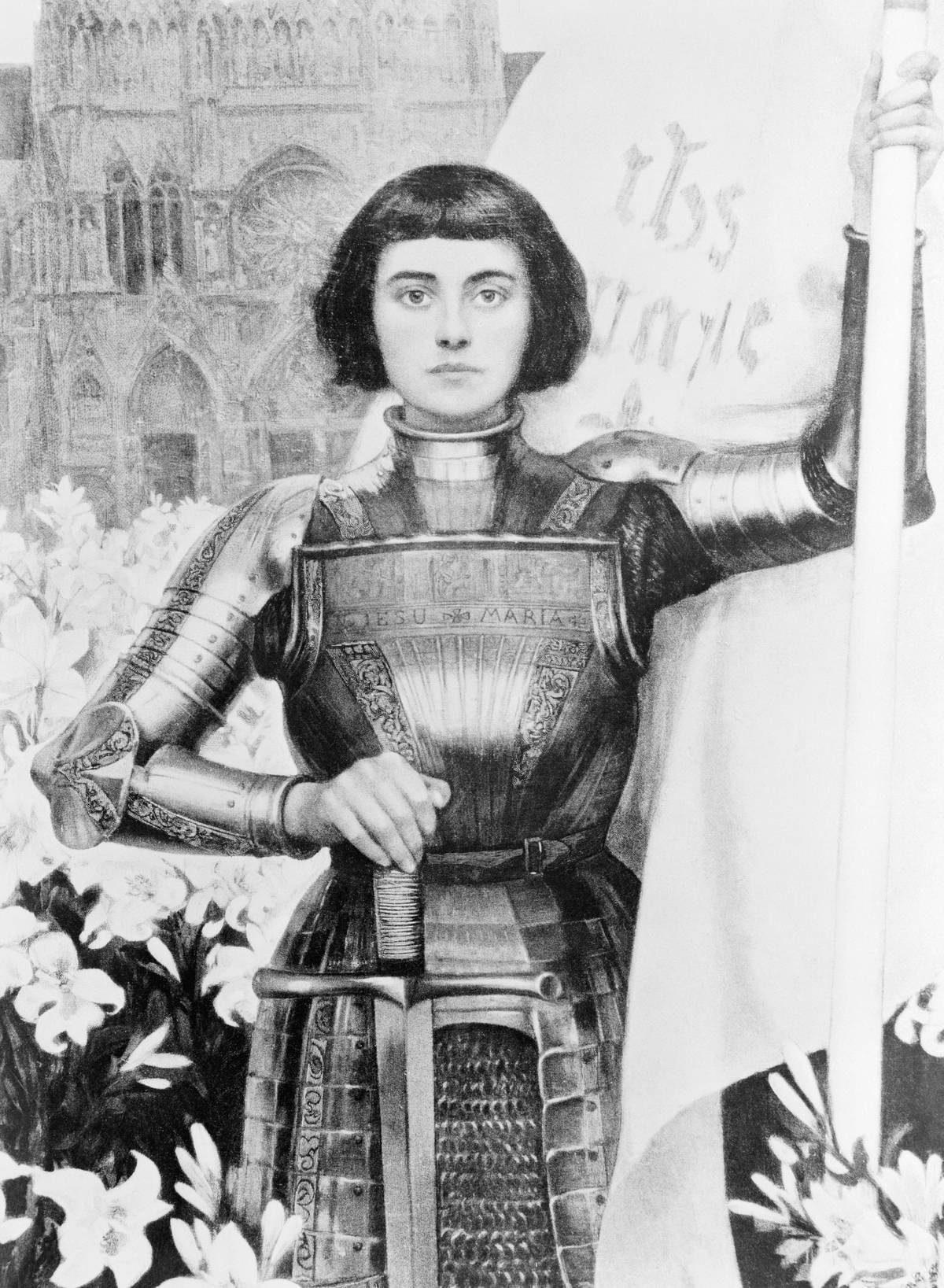
Joan of Arc, a French peasant girl born in 1412, rose to prominence as a fearless leader during the Hundred Years’ War. At just 17, she claimed to have visions from God instructing her to support Charles VII and recover France from English domination. Known for her unwavering faith and courage, she led several successful military campaigns before being captured and executed at 19. Joan was canonized as a saint in 1920, cementing her status as a national heroine of France.
Elizabeth I: The Virgin Queen Who Shaped an Era
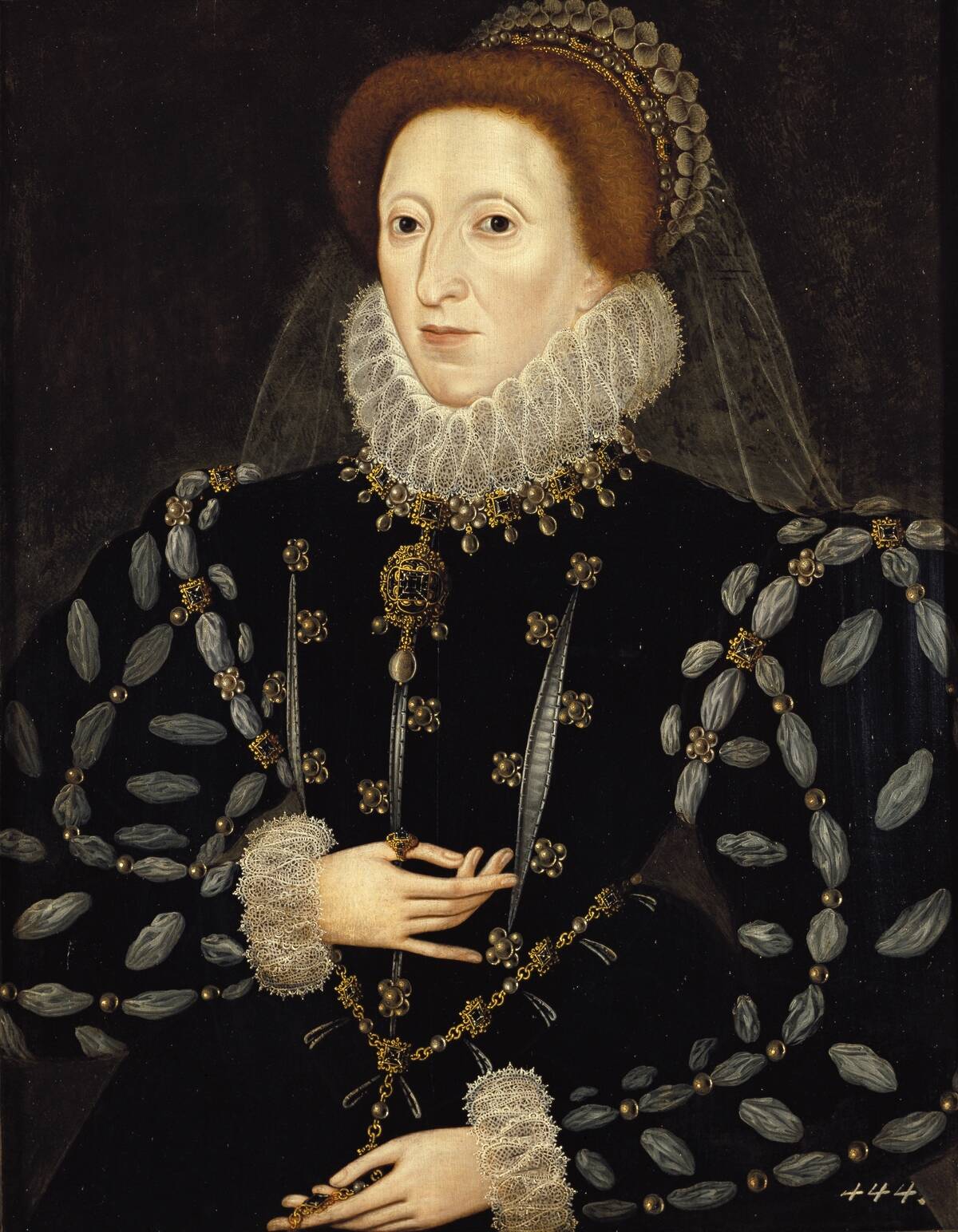
Elizabeth I, daughter of Henry VIII and Anne Boleyn, became one of England’s most iconic monarchs. Her reign, from 1558 to 1603, is known as the Elizabethan Era, a period marked by the flourishing of English drama, led by playwrights such as William Shakespeare. Elizabeth skillfully navigated political and religious turmoil, never marrying and thus earning the title “The Virgin Queen.” Her leadership stabilized England and laid the groundwork for its future as a global power.
Catherine the Great: Empress of Russia and Enlightened Reformer
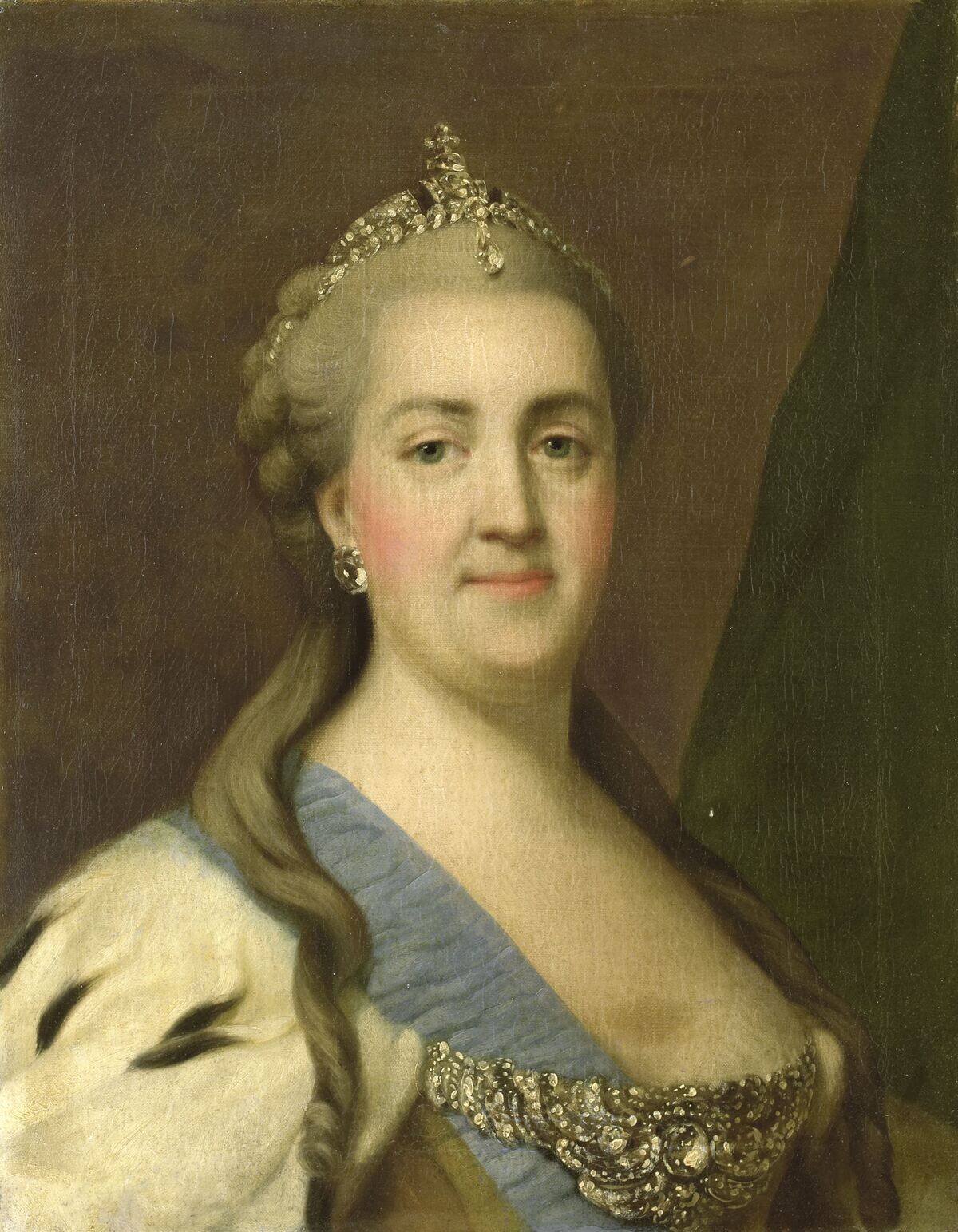
Catherine the Great, originally a German princess named Sophie, became the longest-ruling female leader of Russia, reigning from 1762 until 1796. She is remembered for modernizing Russia and championing the arts, education, and Western ideas, embodying the ideals of the Enlightenment. Under her rule, Russia expanded its territories and gained prominence in European affairs, while her correspondence with leading intellectuals of the time showcased her commitment to enlightened governance.
Harriet Tubman: The Fearless Conductor of the Underground Railroad
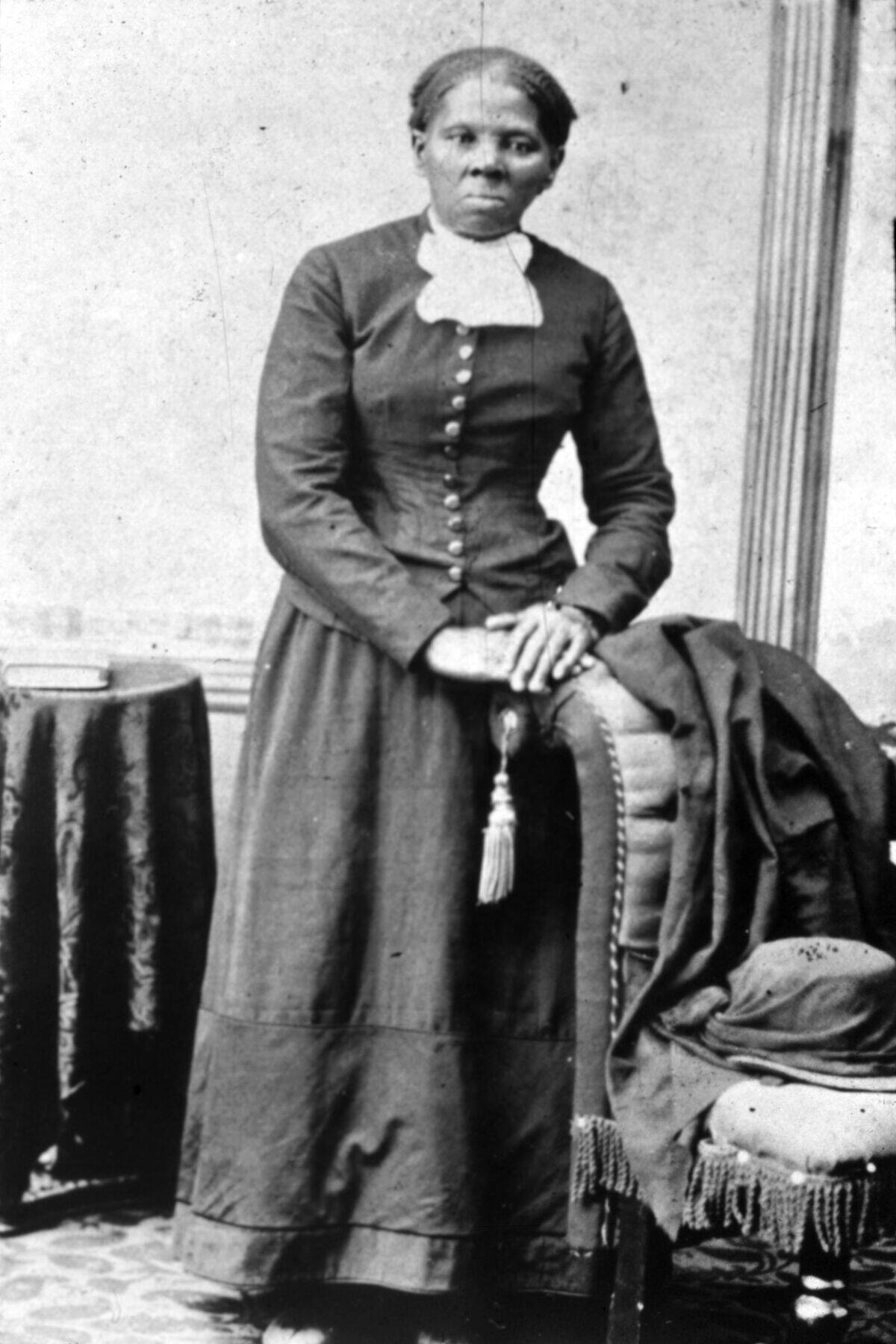
Harriet Tubman, born into slavery in Maryland in the early 1820s, escaped to freedom and became a leading abolitionist. Known as “Moses” for her role in guiding enslaved people to freedom through the Underground Railroad, Tubman made 13 missions and rescued around 70 enslaved individuals. Her courage and determination were instrumental during the Civil War, where she served as a scout and spy for the Union Army, further cementing her legacy as a symbol of freedom and justice.
Queen Victoria: The Monarch Who Defined an Age
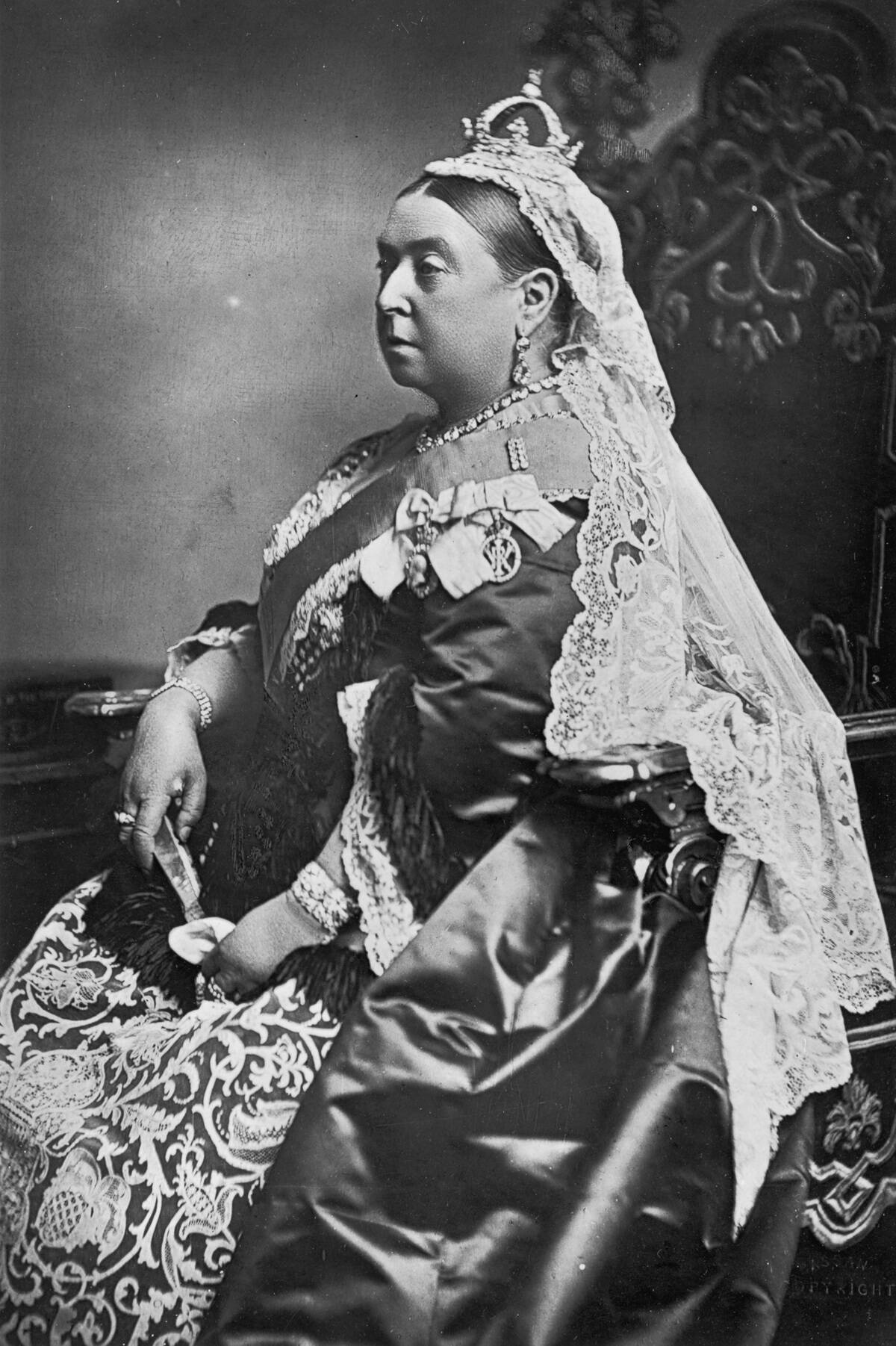
Queen Victoria’s reign from 1837 to 1901, known as the Victorian Era, was characterized by industrial, cultural, and scientific advancements. Victoria became queen at 18 and ruled for 63 years, overseeing a vast British Empire on which “the sun never set.” Her influence extended beyond politics; she became a symbol of the era’s values, including morality and family life. Her legacy continues to impact British society and culture, long after her death in 1901.
Empress Dowager Cixi: The Powerful Matriarch Behind the Throne
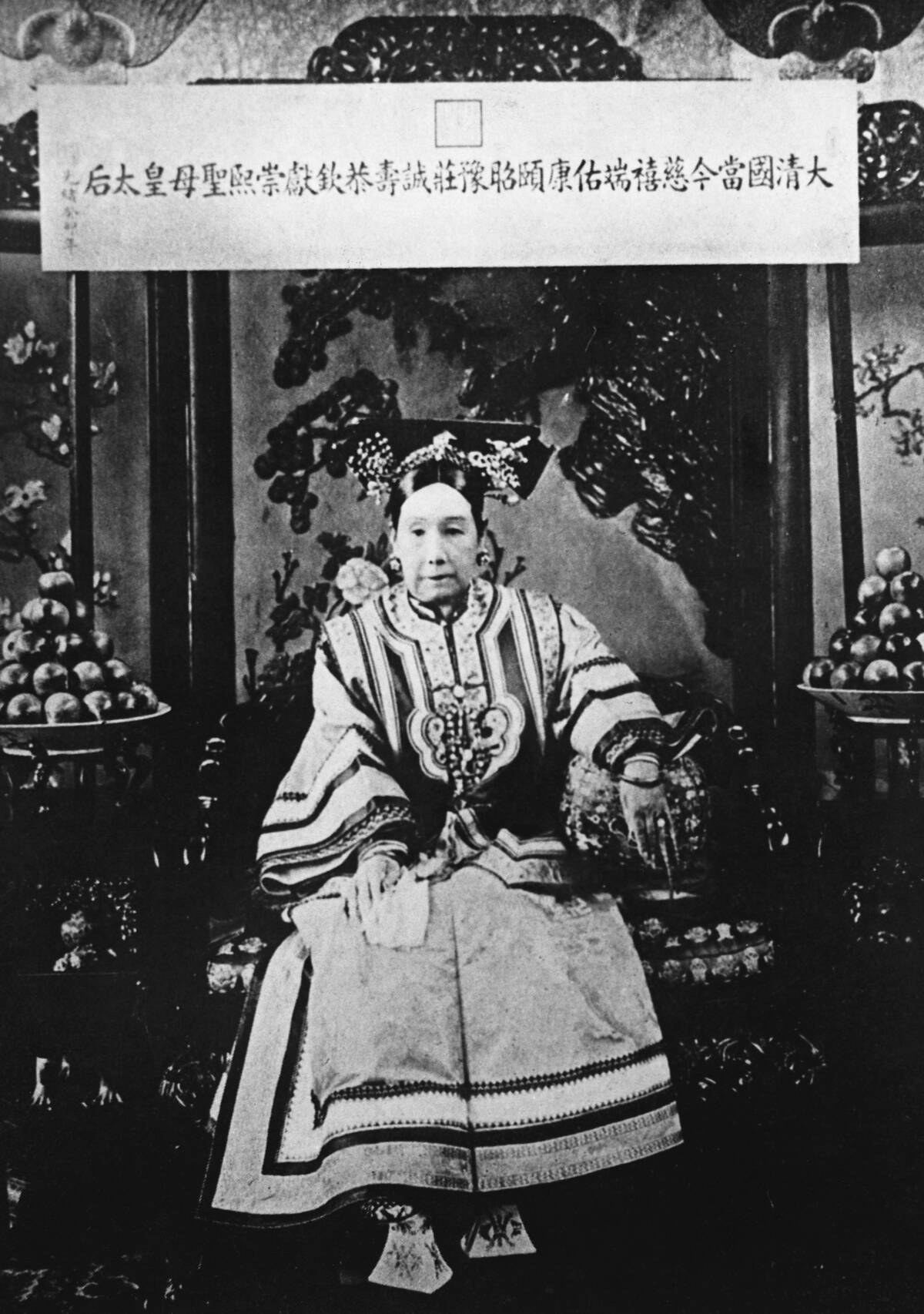
Empress Dowager Cixi, born in 1835, was a formidable figure in Chinese history, effectively ruling the Qing Dynasty for nearly half a century. Initially a concubine, she rose to power as the mother of the Tongzhi Emperor and later as the regent for her young nephew. Cixi played a crucial role in modernizing China, supporting reforms in the late 19th century. Despite controversies surrounding her rule, her influence on China’s transition into the modern era is undeniable.
Rosa Parks: The Seamstress Who Sparked a Movement
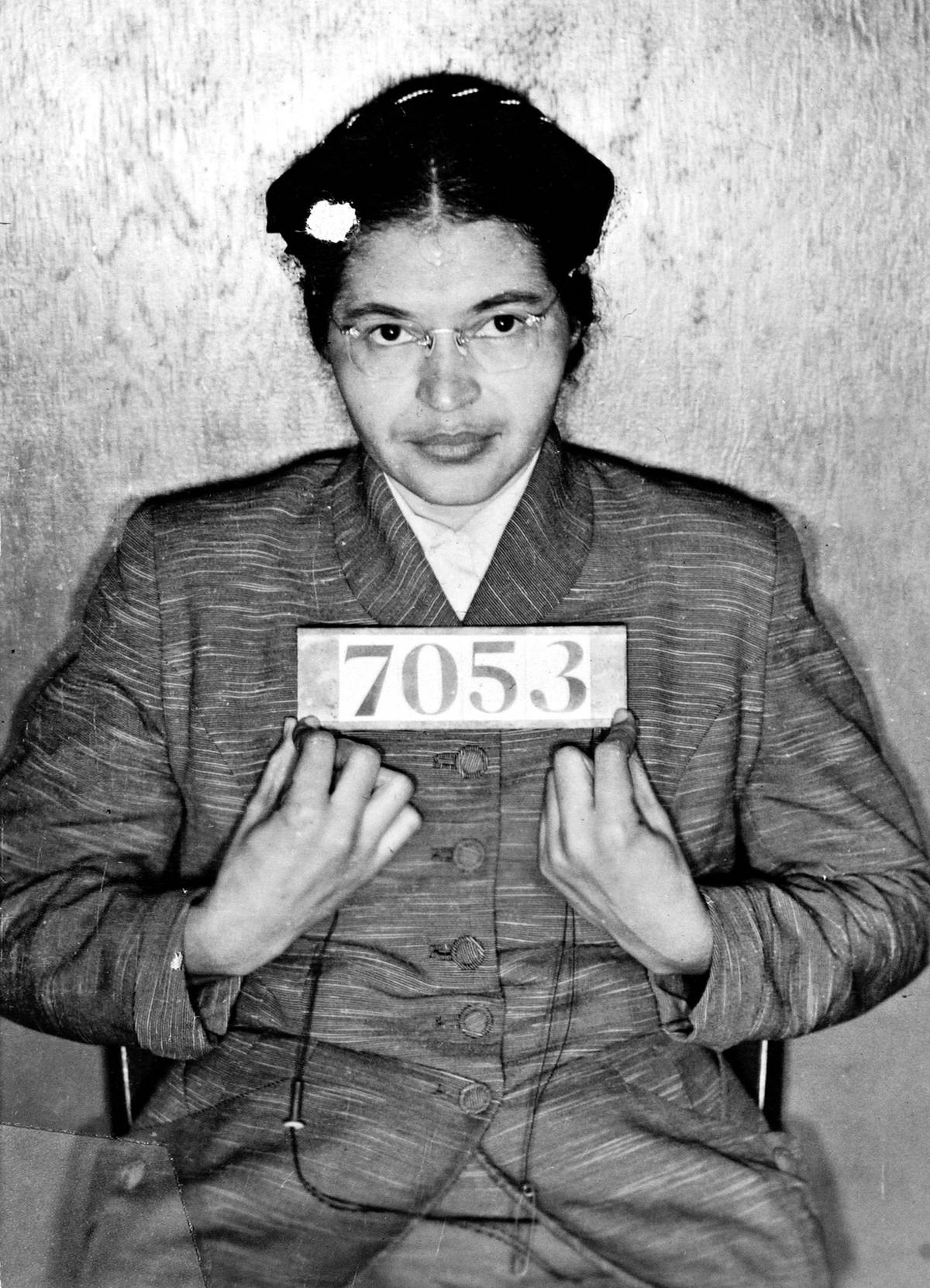
Rosa Parks, an African American seamstress, became an iconic figure in the civil rights movement when she refused to give up her bus seat to a white person in Montgomery, Alabama, in 1952. This act of defiance sparked the Montgomery Bus Boycott, a pivotal event in the fight against racial segregation. Parks’ quiet strength and determination inspired countless others to join the struggle for civil rights, earning her the title “Mother of the Civil Rights Movement.”
Margaret Thatcher: The Iron Lady of British Politics
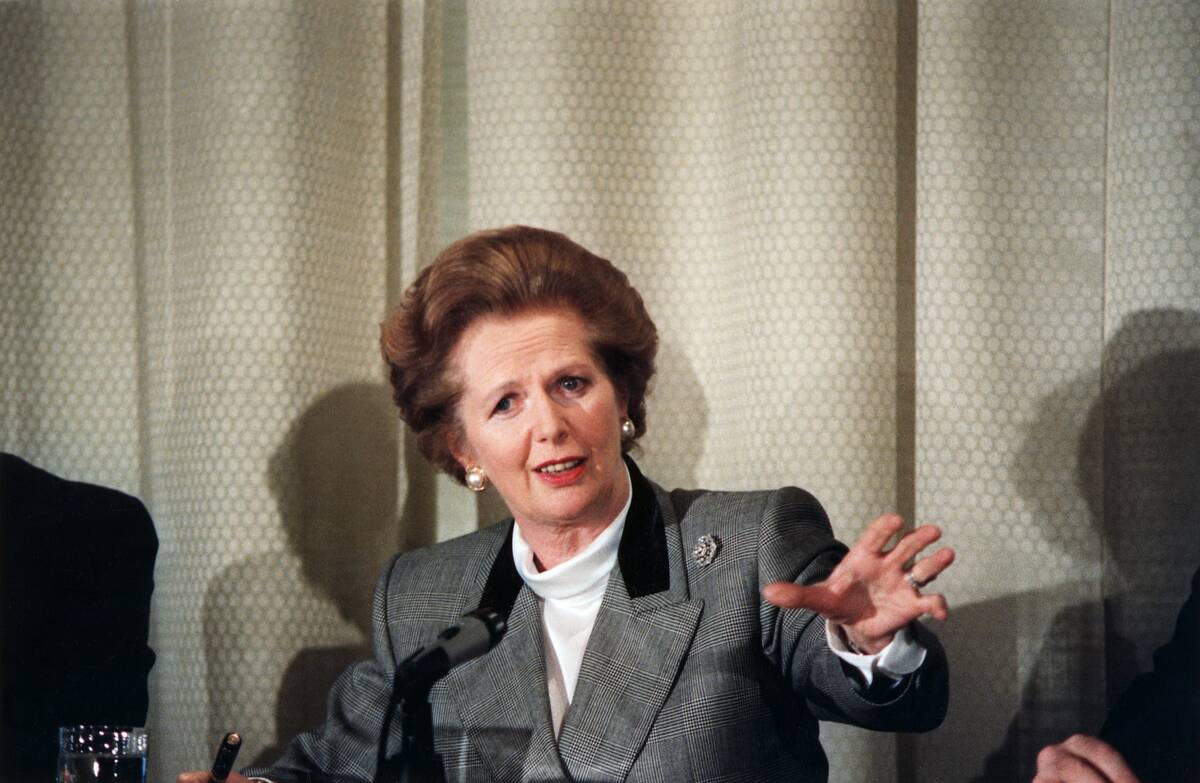
Margaret Thatcher, the first female Prime Minister of the United Kingdom, served from 1979 to 1990. Her strong conservative policies, including economic deregulation and reducing the power of trade unions, earned her the nickname “The Iron Lady.” Thatcher’s tenure was marked by significant changes in British society and politics, including her role in ending the Cold War. Despite being a divisive figure, her legacy as a transformative leader in British history remains significant.
Indira Gandhi: The First Female Prime Minister of India
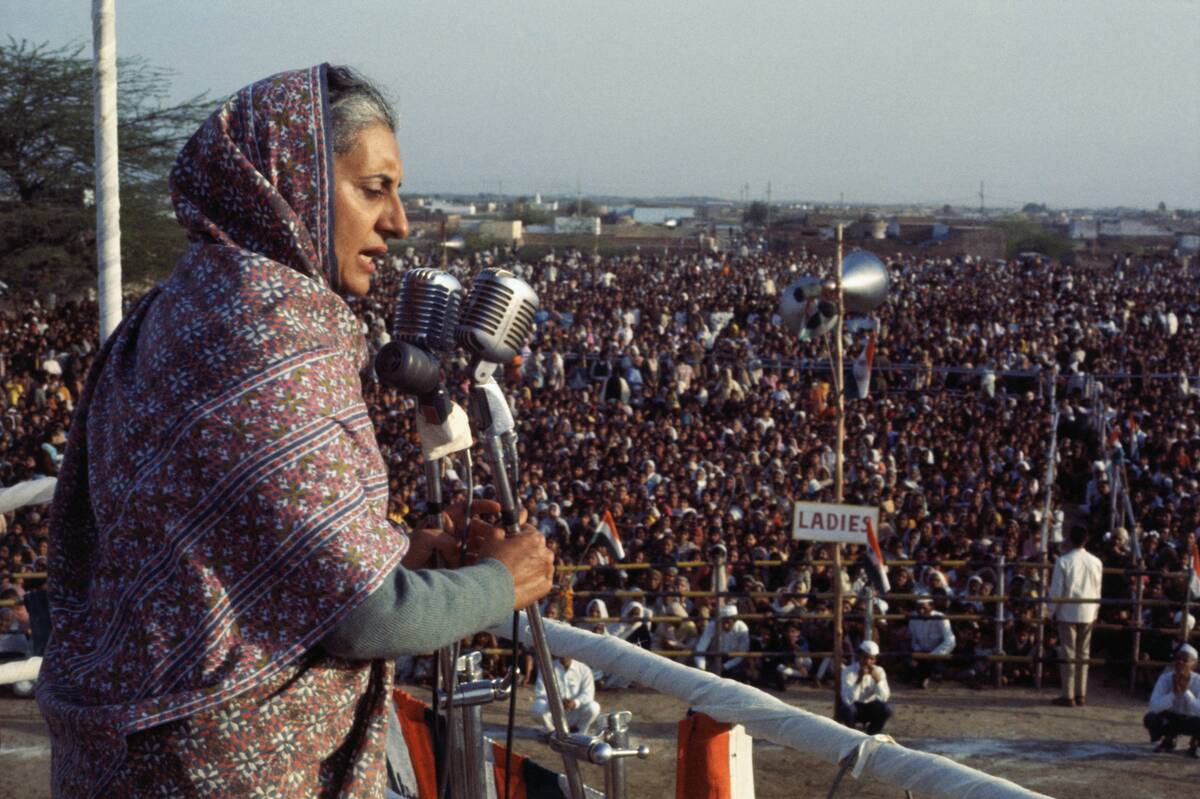
Indira Gandhi, daughter of India’s first Prime Minister Jawaharlal Nehru, became the first and only female Prime Minister of India, serving from 1966 to 1977 and again from 1980 until her assassination in 1984. Known for her centralizing policies and political acumen, she played a critical role in shaping modern India, including the Green Revolution, which transformed agriculture. Her tenure was also marked by the controversial Emergency period, highlighting her complex legacy.
Golda Meir: Israel’s Trailblazing Prime Minister
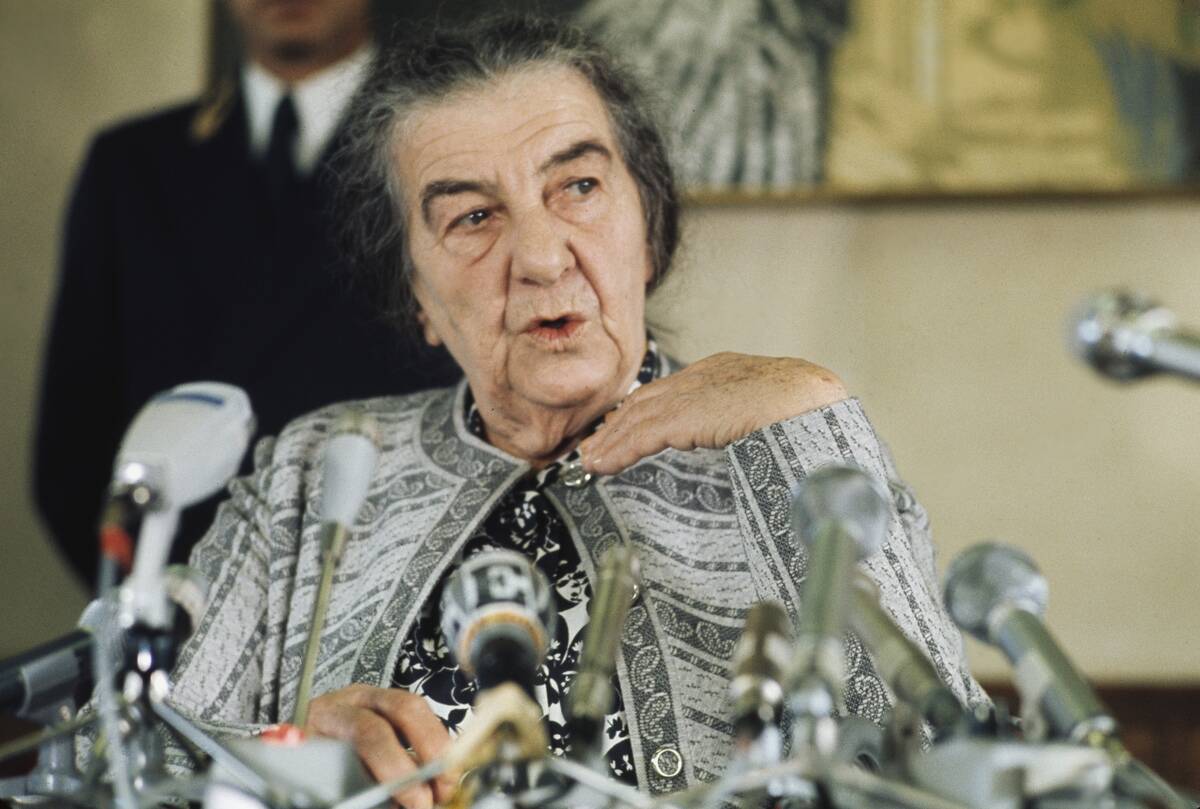
Golda Meir, born in Ukraine and raised in the United States, became Israel’s fourth Prime Minister and the world’s third woman to hold such an office. Serving from 1969 to 1974, she was known for her straightforwardness and strong-willed leadership during a tumultuous period, including the Yom Kippur War. Meir’s contributions to the founding and development of Israel are widely recognized, and she remains an enduring symbol of female leadership and resilience in the face of adversity.
Angela Merkel: The Chancellor Who Led with Steadiness
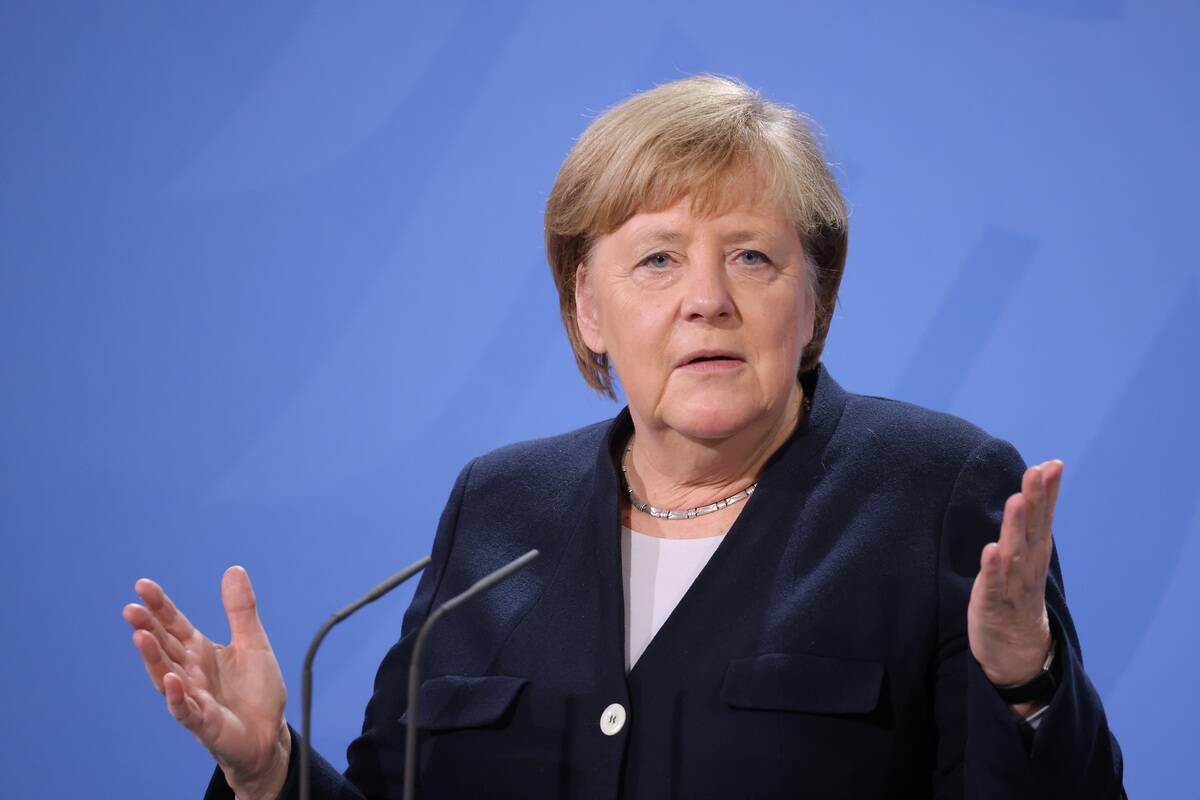
Angela Merkel, Germany’s first female Chancellor, served from 2005 to 2021, becoming one of the world’s most powerful women. Known for her pragmatic and cautious approach, Merkel steered Germany through multiple crises, including the global financial crisis and the European debt crisis. Her leadership style, characterized by stability and consensus-building, helped maintain Germany’s position as a leading global economic power. Merkel’s legacy is marked by her commitment to European unity and social justice.
Malala Yousafzai: The Young Advocate for Education and Peace
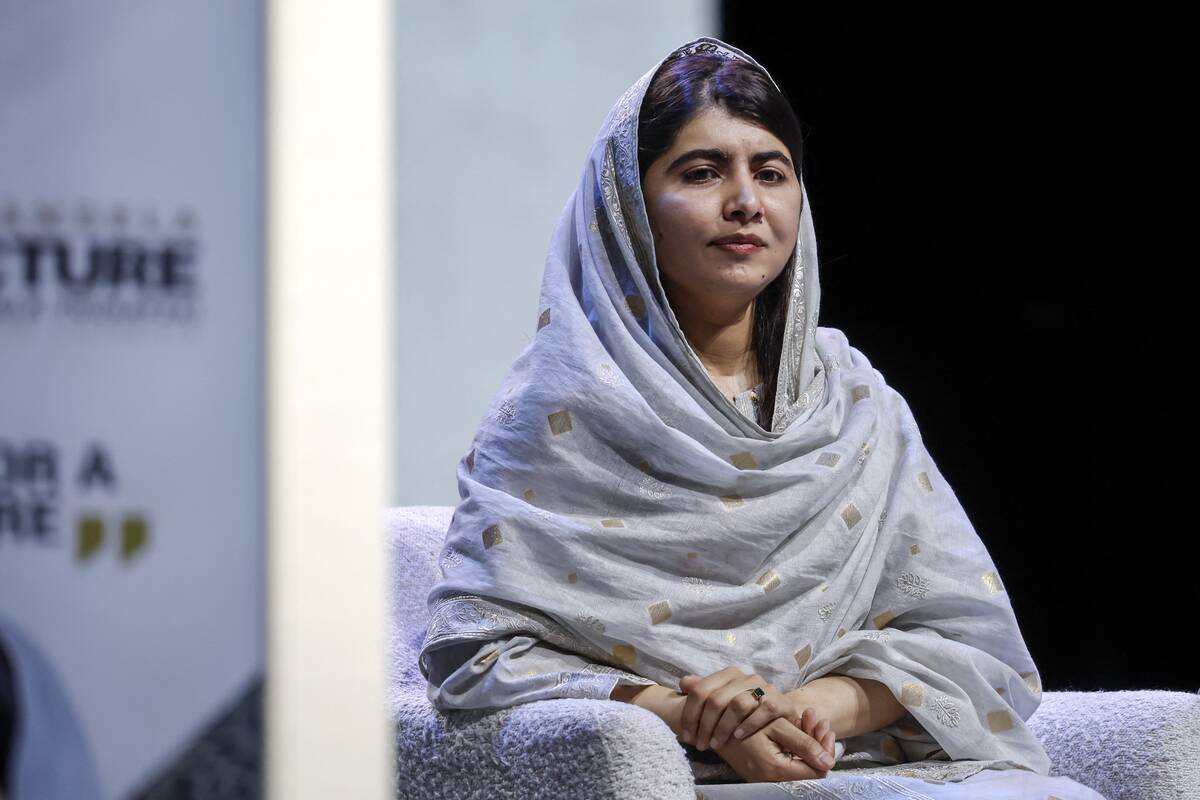
Malala Yousafzai, born in 1997 in Pakistan, became a global advocate for girls’ education after surviving an assassination attempt by the Taliban in 2012. Her activism, starting at a young age, brought international attention to the struggle for girls’ education in Pakistan and beyond. In 2014, at just 17, Malala became the youngest-ever Nobel Peace Prize laureate. Her ongoing dedication to education and peace continues to inspire millions around the world, highlighting the power of young voices.
Reflecting on the Legacy of Powerful Women in History
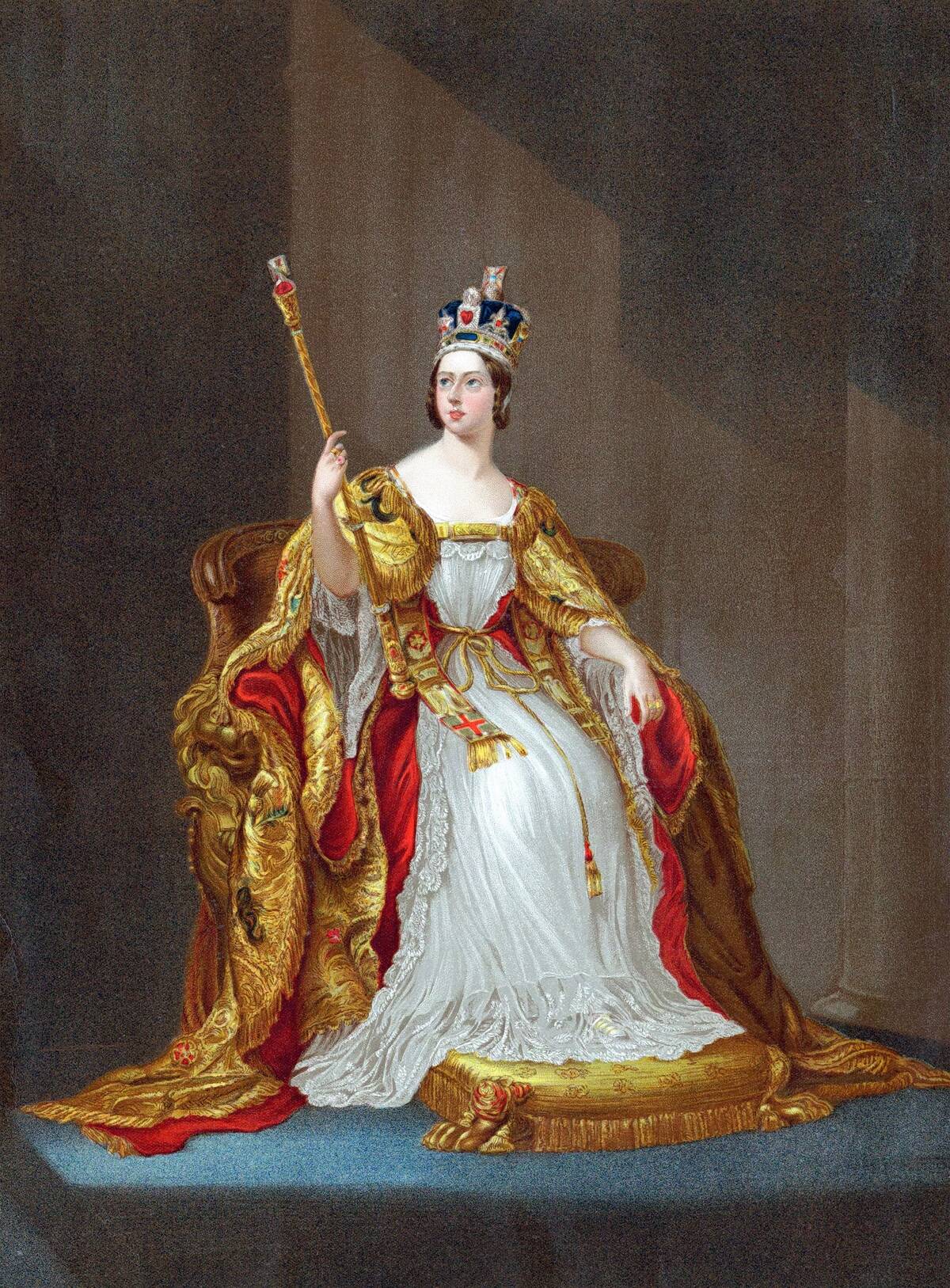
As we reflect on the extraordinary lives of these women, we’re reminded of their enduring impact across generations. Their stories of courage, leadership, and resilience continue to inspire and challenge us to strive for a better world. These remarkable figures have not only shaped history but have also paved the way for future generations of women to break barriers and forge new paths. Their legacies serve as a powerful reminder of the strength and potential women hold in shaping the future.




